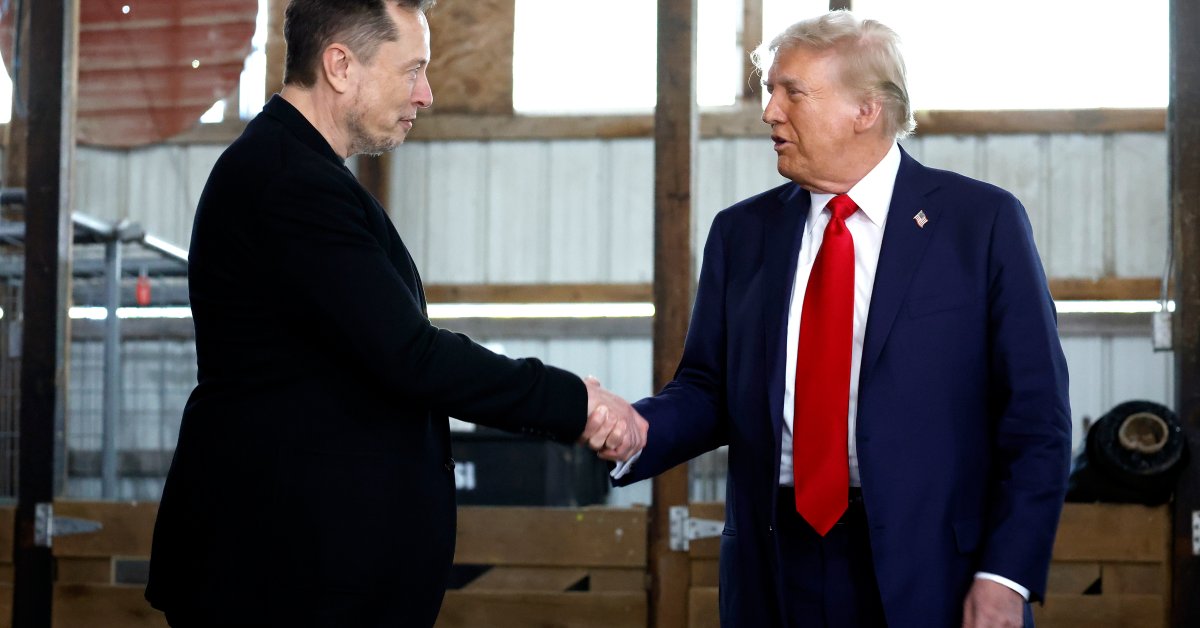As Donald Trump prepares to return to the White House after winning the 2024 election, the artificial intelligence landscape has seen significant advancements. Some leading executives, such as Anthropic CEO Dario Amodei and Elon Musk, believe AI may surpass human intelligence by 2026. Others, like OpenAI CEO Sam Altman, suggest the timeline may be longer, with superintelligence possibly emerging in a few thousand days. Meta CEO Mark Zuckerberg sees the arrival of advanced AI systems as a gradual process rather than a sudden event, highlighting the potential implications for national security, the economy, and global power dynamics.
Trump’s views on AI have been mixed, oscillating between admiration for its capabilities and concern over its potential risks. He sees AI as a “superpower” with alarming capabilities, especially in the context of competition with China, which he considers the primary threat in developing advanced AI. However, there are differing opinions among Trump’s allies on how to regulate AI, with Musk warning of existential risks and Vice President J.D. Vance cautioning against industry-led regulations that could benefit tech incumbents. These divergent perspectives within Trump’s inner circle will likely influence AI policy during his second term in office.
One of Trump’s early AI policy actions is expected to involve repealing President Joe Biden’s Executive Order on AI. This order, aimed at promoting American leadership in AI, includes initiatives to advance research and development, support workforce training, and establish international partnerships. Trump’s administration may seek to revise or replace these policies to align with its own priorities and goals for AI development and regulation.
The rapid advancement of AI technology raises questions about its potential impact on society, including concerns about job displacement, privacy violations, and ethical implications. As AI systems become more sophisticated and autonomous, policymakers will need to address these challenges through thoughtful regulation and oversight. Trump’s administration will play a key role in shaping the future of AI governance and determining how the technology is utilized to benefit society while mitigating potential risks.
Overall, the evolving landscape of AI poses complex challenges and opportunities for policymakers, industry leaders, and society as a whole. With the rapid pace of technological advancement, it is crucial for decision-makers to stay informed, engage in thoughtful dialogue, and collaborate on effective strategies to harness the potential of AI while safeguarding against its risks. As Trump returns to the White House and navigates the AI landscape, his administration will need to navigate these complexities and make informed decisions that prioritize the long-term interests of the country and its citizens.









